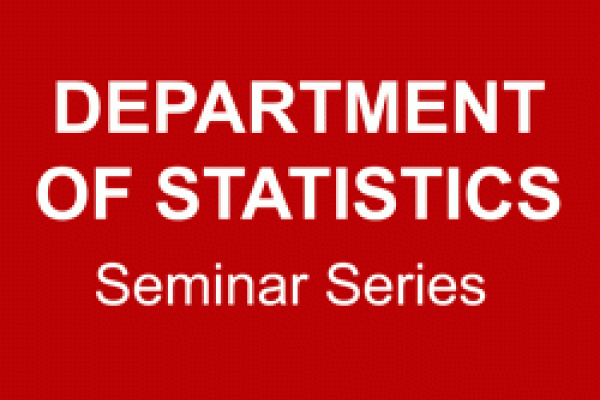
Title
The Analysis of Semi-Competing Risks Data
Speaker
Limin Peng, University of Wisconsin
Abstract
Semi-competing risks data occur when a terminating event may dependently censor a nonterminating event, but not vice versa. Such data are omnipresent in chronic disease studies, like AIDS, cancer and diabetes, and have attracted increased recent attention as distinct from classic competing risks data. I first review two possible analyses. One is based on the cause-specific hazard and cumulative incidence functions, which are nonparametrically identifiable. Another uses the marginal distribution of the nonterminating event, which is nonidentifiable but may be of greater interest. Next, I will study nonparametric estimation of identifiable quantities with left truncation of the terminating event, as frequently occurs in observational studies. Coercing the data into the competing risks set-up naively truncates the nonterminating event using the left truncation time for the terminating event, leading to large efficiency losses. I propose simple estimators not requiring such truncation using all available data, resulting in large efficiency gains. The estimators are illustrated on a diabetes registry dataset, where nephropathy is censored by death. Finally, I consider covariate models for the marginal distribution of the nonterminating event using a novel "functional regression" approach, which leads to identifiability under much weaker assumptions than in previous work. The methodology is compared to a naive proportional hazards analysis of viral failure in an AIDS clinical trial, where dropout may be informative.
Meet the speaker in Room 212 Cockins Hall at 4:30 p.m. Refreshments will be served.
